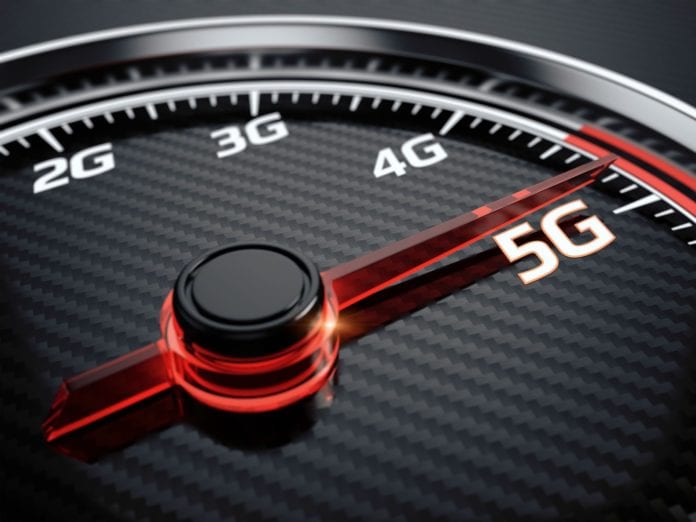In collaboration with the University of Bristol, the two companies will kick off a 5G PoC
A live proof of concept (PoC) based on the 5G standard is designed to test and validate smart urban applications over next-generation mobile networks, and will be deployed in Bristol, U.K., as part of a joint research program between the University of Bristol, operator BT and network infrastructure provider Nokia.
The PoC will use research expertise from the University of Bristol, as well as 5G network solutions and radio access points from Nokia combined with spectrum from BT.
The test network will run over the Bristol City Council’s dedicated fiber infrastructure around Bristol’s Millennium Square. It will also connect to the ‘Bristol Is Open’ smart city platform and be backed by the local science center, which will be used for public demonstrations.
The University of Bristol’s Smart Internet Lab has recently received funding from the “5G Testbeds and Trials Programme” from the U.K. government to establish the ‘5GUK Test Networks’. Over the coming months the test bed will be used to explore and validate the deployment of an architecture that integrates existing technologies with innovations such as Massive MIMO radio access solutions, software-defined networking, network slicing and edge computing nodes functionalities.
The test bed will initially examine the optimum models for 5G as part of a future urban dense networks that will maximise coverage and speed, using a combination of research and commercial solutions such as Nokia’s AirScale and AirFrame infrastructure. Future activity will focus on the use of 5G as an enabler of IoT technologies.
Future plans call for expanding the trial from Millenium Square across the city of Bristol, and also regionally to the Bath city center.
“Connecting our customers and communities together is at the heart of BT’s purpose and we have demonstrated the power of 5G capabilities in driving our ambition in our labs. Now, we’re gaining a real-world understanding of how 5G can be used within dense urban environments. This is crucial to building meaningful use-cases for future macro-scale 5G networks,” Neil McRae, chief architect at BT, said.
“5G is teaching us that collaboration is essential and we’re pleased to be working with experts from Nokia and the University of Bristol to lead research into technologies such as Massive MIMO and network convergence and enhance our understanding of the role 5G networks will play in building the connected cities of the future.”

